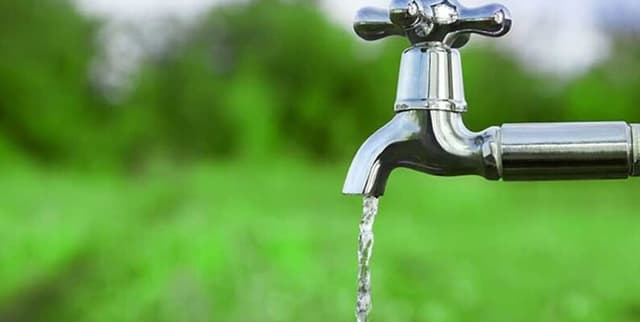Global Water & Sanitation Metrics
Data Science and Analytics
Tags and Keywords
Trusted By




"No reviews yet"
Free
About
This dataset, titled "UN Global Water Data 2012-2022", compiles global water access and sanitation metrics, highlighting significant changes over a decade. It serves as a valuable resource for predictive modelling, geographic analysis, and trend visualisation in the water access and public health sectors. Users should note that further data cleaning may be required to remove null columns.
Columns
- DATAFLOW: The data collection framework utilised.
- REF_AREA: The specific geographic area covered by the data.
- INDICATOR: The particular metric measured, such as the 'Proportion of population using improved drinking water sources' or the 'Proportion of population using limited drinking water services'.
- SEX: Provides a gender breakdown where applicable, though currently showing data for 'Total'.
- TIME_PERIOD: The year of data collection, ranging from 2012 to 2022.
- OBS_VALUE: The observed value or measurement, typically ranging from 0 to 100 percent.
- UNIT_MEASURE: The units of measurement used, primarily percentages ('PCNT').
- DATA_SOURCE: Identifies the primary source of the data, such as the WHO/UNICEF Joint Monitoring Programme.
- Additional columns include details on data sources, observation status, and methodological notes, though many, such as
UNIT_MULTIPLIER,OBS_STATUS,OBS_CONF,LOWER_BOUND,UPPER_BOUND,WGTD_SAMPL_SIZE,OBS_FOOTNOTE,SERIES_FOOTNOTE,SOURCE_LINK,CUSTODIAN,TIME_PERIOD_METHOD,REF_PERIOD,COVERAGE_TIME, andAGE(currently showing 'Total'), appear to be predominantly null in the provided sample.
Distribution
The dataset is typically provided as a CSV file, with the sample file,
water.csv, being 9.58 MB in size. It consists of 22 columns and contains approximately 36,500 valid records.Usage
This dataset is ideal for a variety of applications, including:
- Predictive modelling in public health and water access.
- Geographic analysis to identify regional disparities.
- Trend visualisation for water and sanitation metrics over time.
- Data analytics, business intelligence, healthcare research, and demographic studies.
Coverage
The dataset offers global geographic coverage, encompassing 279 unique areas. The time range spans a decade, from 2012 to 2022. Demographically, data is provided for the 'Total' population, with specific gender or age breakdowns only included if applicable and detailed within the 'SEX' and 'AGE' columns respectively. It is important to note that certain columns contain missing or null values.
License
Attribution 3.0 IGO (CC BY 3.0 IGO)
Who Can Use It
Intended users include data scientists, researchers, and analysts in the public health, environmental, and international development sectors. It is particularly useful for those interested in water access, sanitation, and their impact on well-being, as well as professionals in business, healthcare, and demographics seeking global insights.
Dataset Name Suggestions
- UN Global Water Data 2012-2022
- Global Water & Sanitation Metrics
- Decade of Water Wellbeing
- International Water Access Trends
Attributes
Original Data Source: Global Water & Sanitation Metrics
Loading...
Free
Download Dataset in CSV Format
Recommended Datasets
Loading recommendations...
